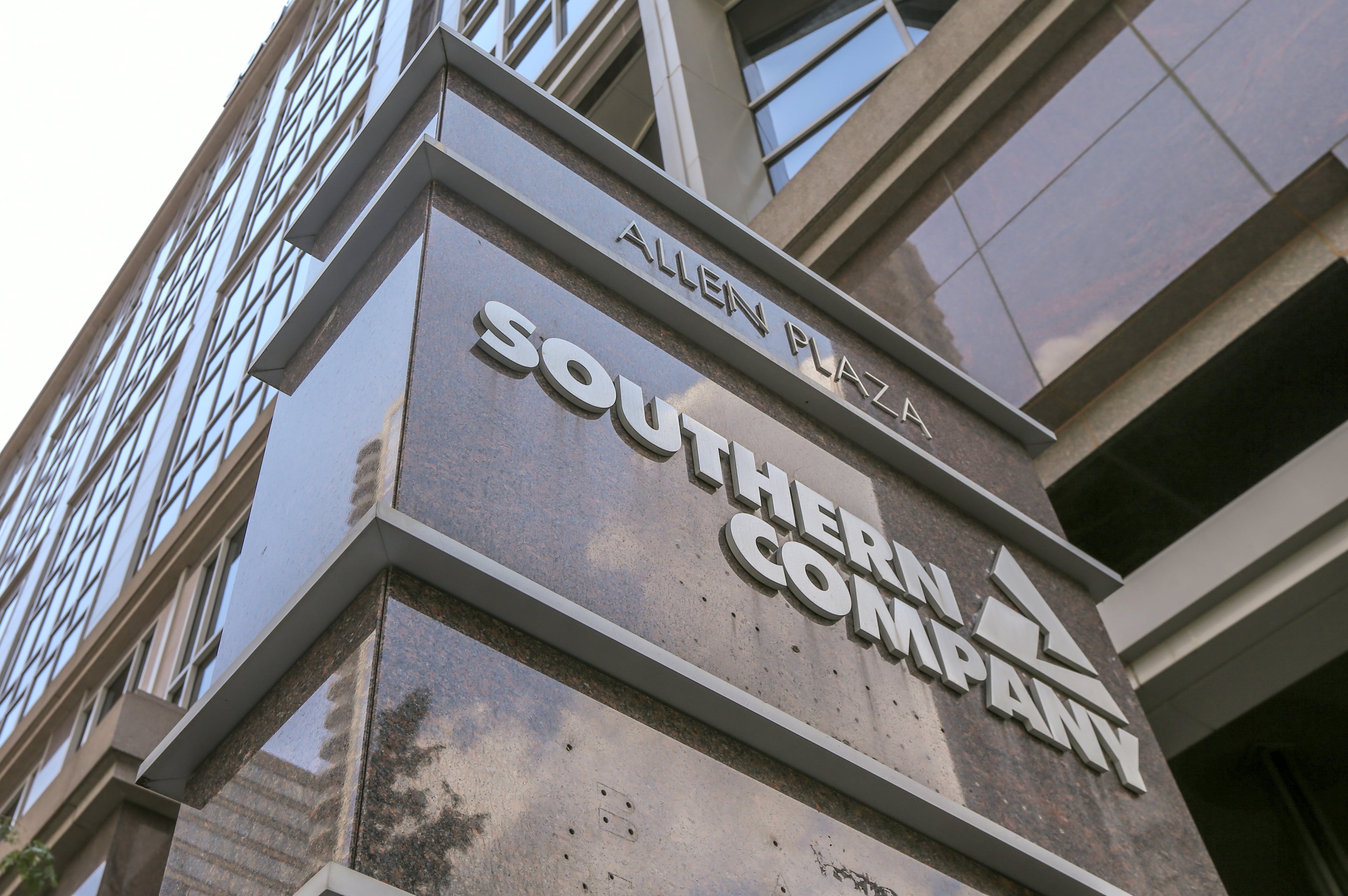House lawmakers OK rescue for nuke projects’ tax credits

House lawmakers approved legislation that would add life to federal tax credits that could save hundreds of millions of dollars for the companies and non-profits behind the struggling Plant Vogtle nuclear project and a similar one in South Carolina.
A resolution that removes a 2021 deadline for using the tax credits passed a voice vote Tuesday afternoon on the House floor. The proposed tax change also will have to win the Senate’s approval to become law.
That extension could help preserve $800 million worth of tax credits that Georgia Power has been counting on to help lower its cost of the Vogtle project, which includes construction of two new reactors at the plant near Augusta.
Earlier this month Georgia Power also reached agreements with Westinghouse and its parent company, Toshiba Corp., that helped preserve a guarantee worth billions of dollars to the project.
The legislation could help clear the path to continued work on the two half-built nuclear projects in Georgia and South Carolina, which were thrown into upheaval by the March bankruptcy of key contractor Westinghouse Electric.
“We are pleased to see the full House approve this bill,” said Georgia Power spokesman Jacob Hawkins. He said the tax credits were “intended to support the development of new nuclear in this country and strengthen national security through energy independence and innovation.”
The legislation also gives a boost to Georgia Power’s partners by fixing an oversight in the 2005 law that created the tax credits.
It allows non-profit electric co-ops and other non-profit partners in the projects, which don’t pay federal taxes, to take advantage of their tax credits by selling them to for-profit participants, such as Georgia Power or construction firms.
That’s “huge,” said Baker Elmore, a lobbyist for the Nuclear Energy Institute, an industry advocacy group, because non-profits own about half of each project in Georgia and South Carolina.
With that provision, Vogtle’s non-profit partners may be able to sell roughly $1 billion worth of tax credits. The Plant Vogtle expansion is about 46 percent owned by Georgia Power, while Oglethorpe Power, MEAG and the City of Dalton, all non-profits, own the rest.
The resolution, H.R. 1551, lists several types of "eligible project partner" firms that would be allowed to take advantage of the credits, including for-profit owners, construction and nuclear design firms, suppliers of nuclear fuel, and suppliers of steam power-generation systems.
The South Carolina project’s tax incentives to both for- and non-profit partners total more than $2 billion, according to E&E News, a utility industry trade publication. That project is headed by SCANA Corp.
Several Republican and Democratic lawmakers voiced support for the resolution before Tuesday’s vote.
The bill’s sponsor, Congressman Tom Rice, R-S.C., said the tax bill could be a “key factor” as state regulators in Georgia and South Carolina consider the fates of the two projects.
“Without this legislation, the nuclear power industry may cease to exist in this country,” he said.
But critics of the nuclear projects said there were better uses of taxpayers’ money.
“With so much renewable energy, nuclear power just doesn’t make sense,” said Rep. Lloyd Doggett, D-Texas. He said the tax credits are rewarding utility companies that are charging ratepayers for the plants even though “it is unclear whether (the companies) will ever be able to complete any of the projects.”
Atlanta attorney Bobby Baker, a former commissioner on Georgia’s utility regulator, said the tax credits “will not lower the cost of Vogtle one cent, but they will reduce the amount of Georgia Power’s federal taxes.”
Hawkins, the Georgia Power spokesman, called the tax credits “a direct benefit for customers, reducing the cost of the plant and offsetting additional costs associated with building the first new nuclear in 30 years.”
Georgia Power has been studying whether to go forward with the Vogtle project in the wake of Westinghouse’s bankruptcy, which it has acknowledged will lead to more delays beyond its earlier projections to finish by the end of 2020.
As it is, the Vogtle project is already over $3 billion over budget and more than three years behind its original schedule.


